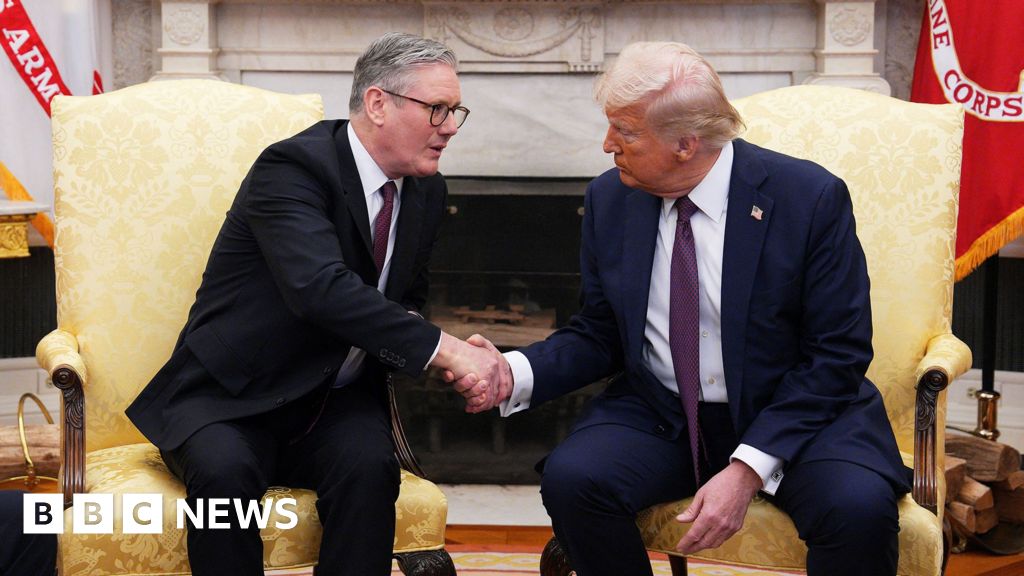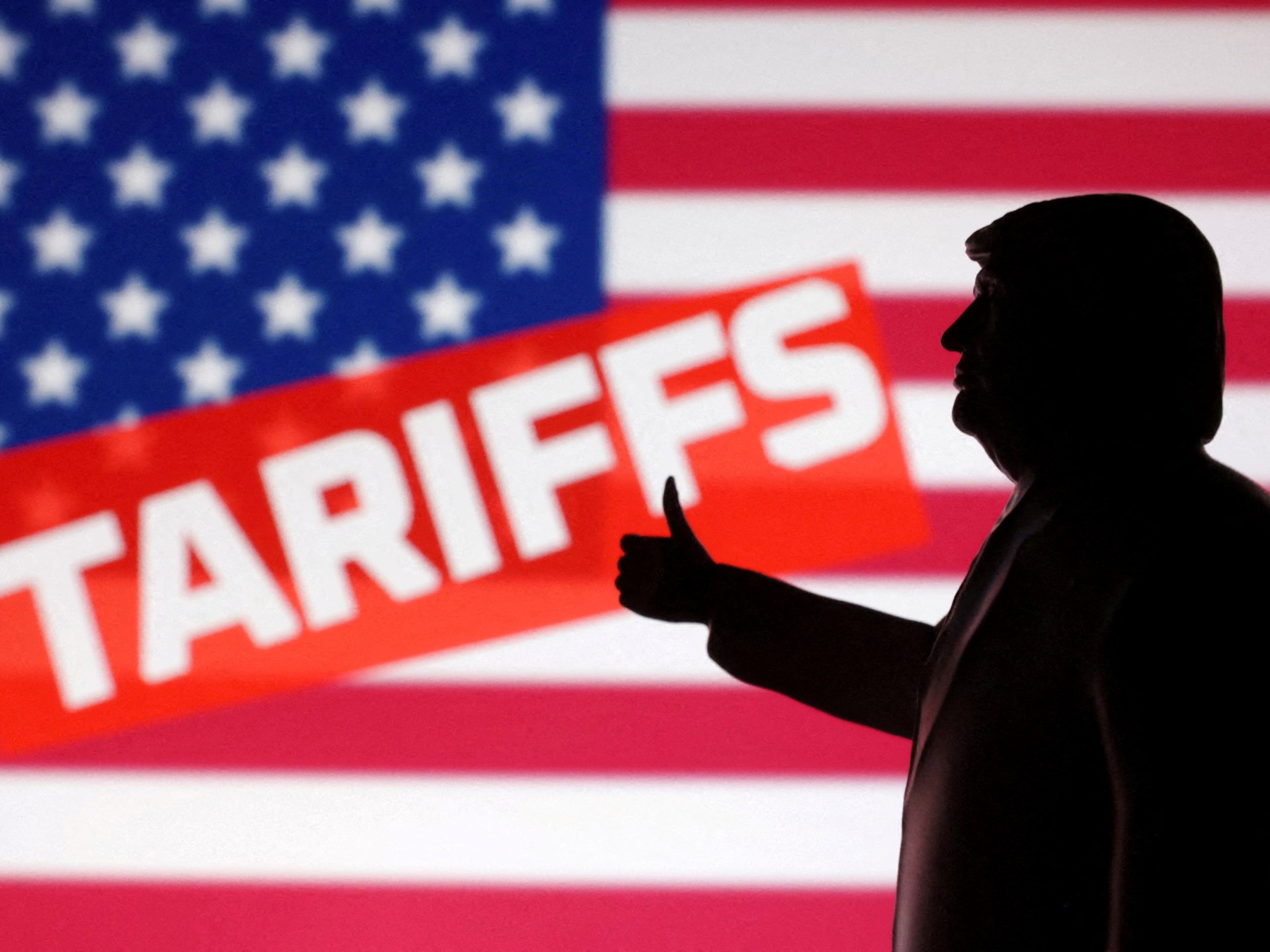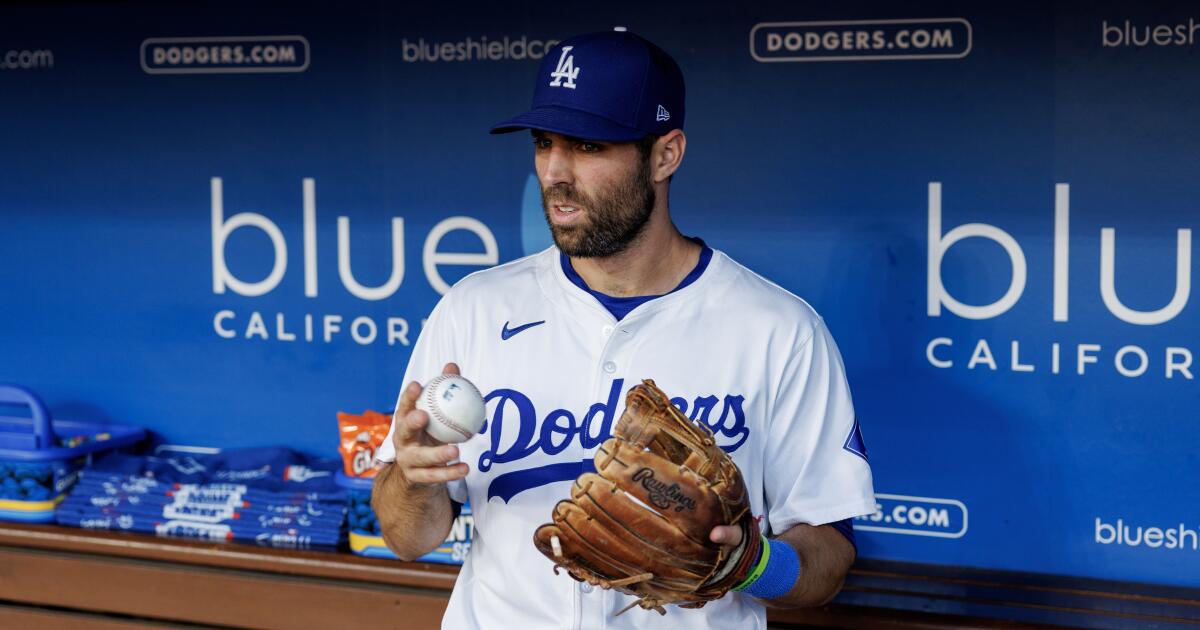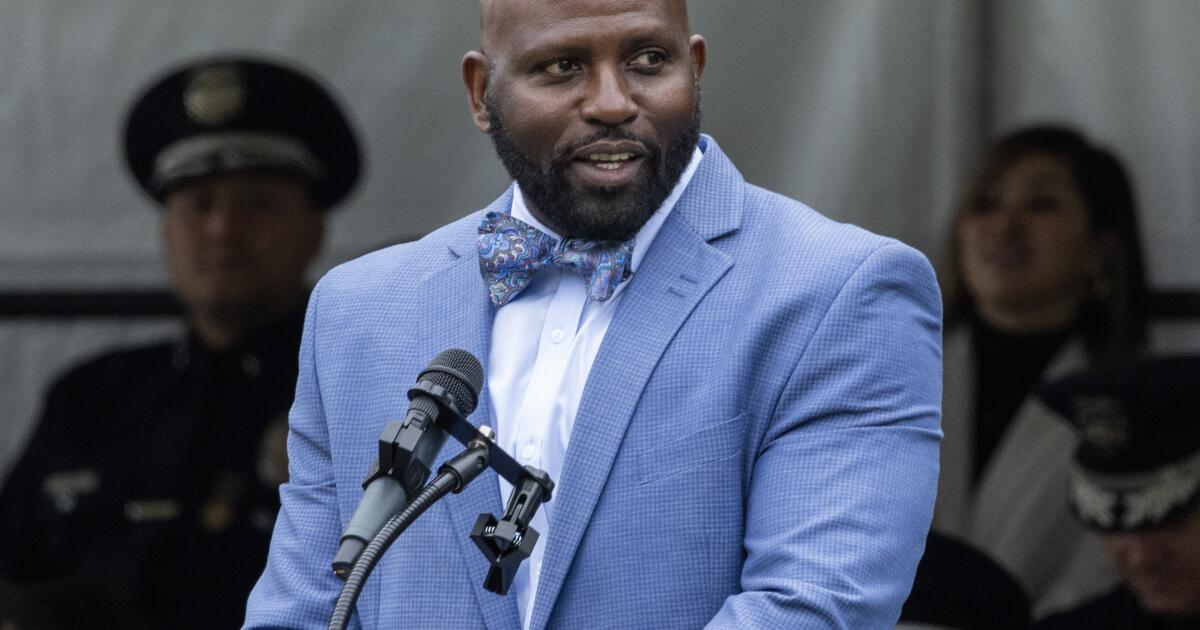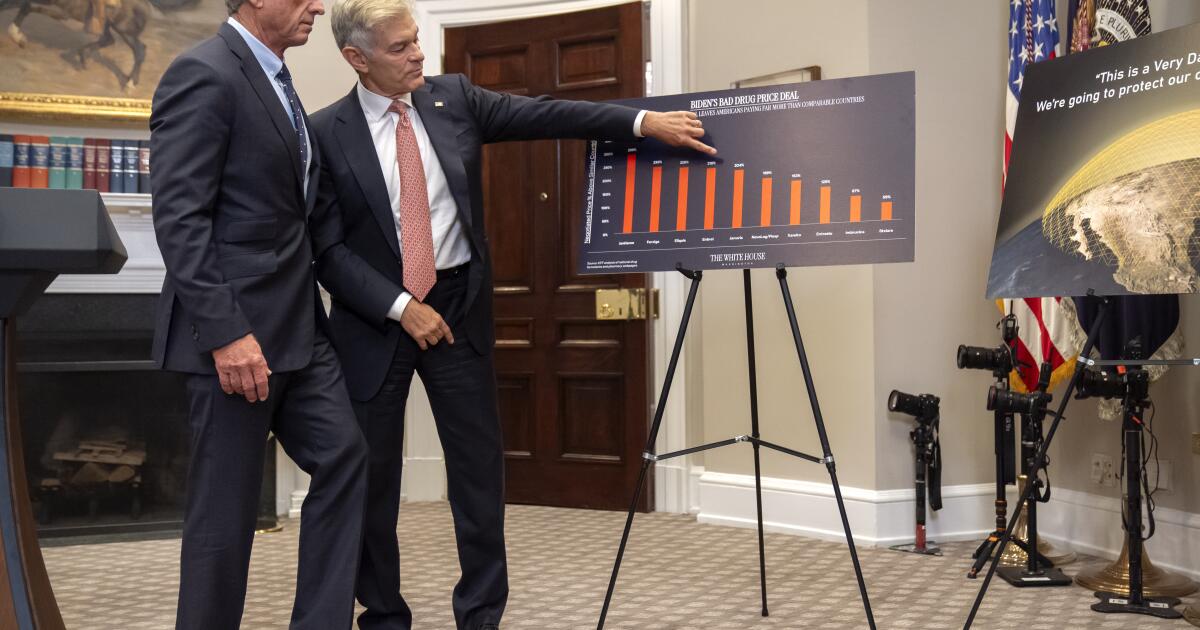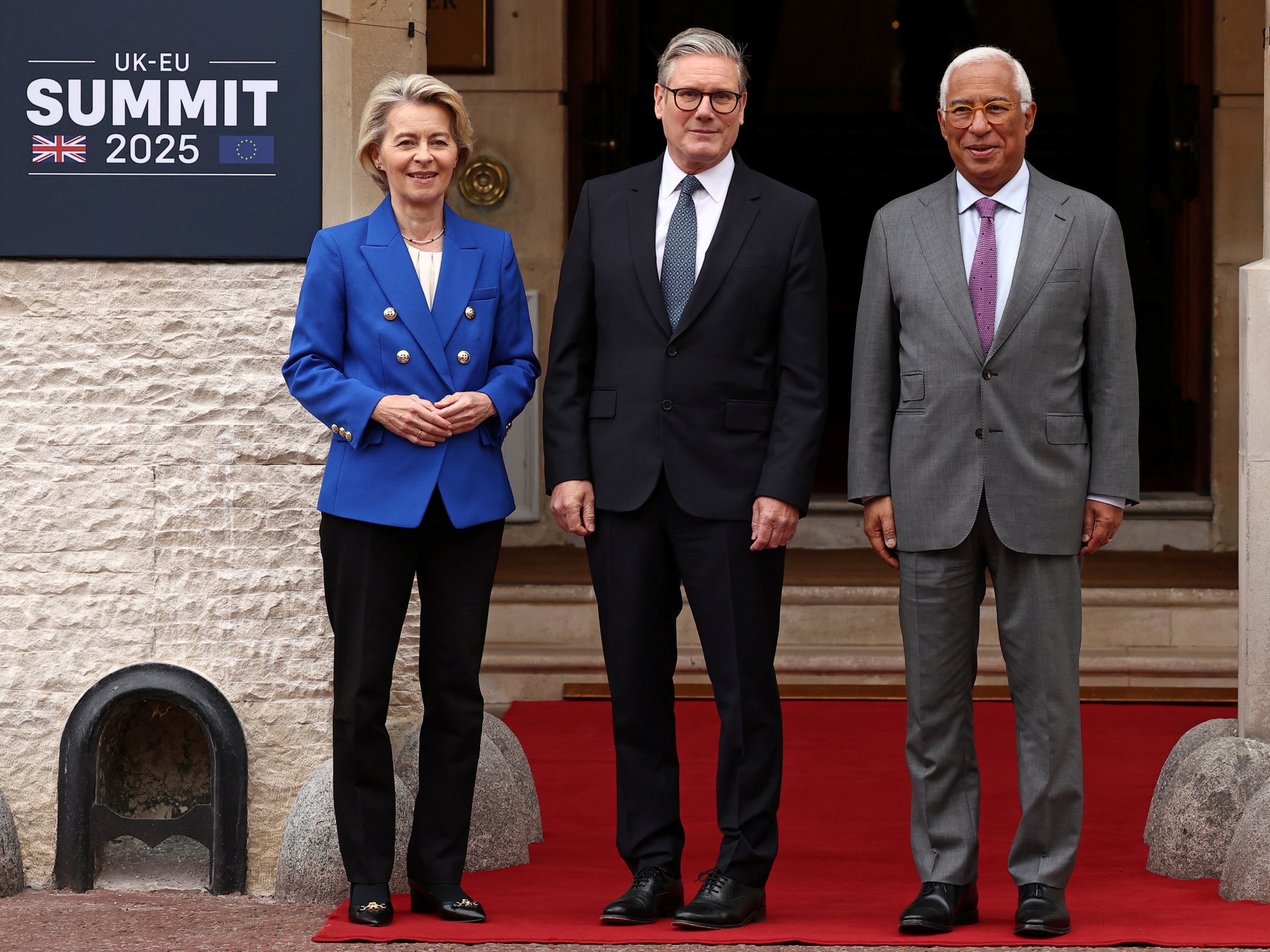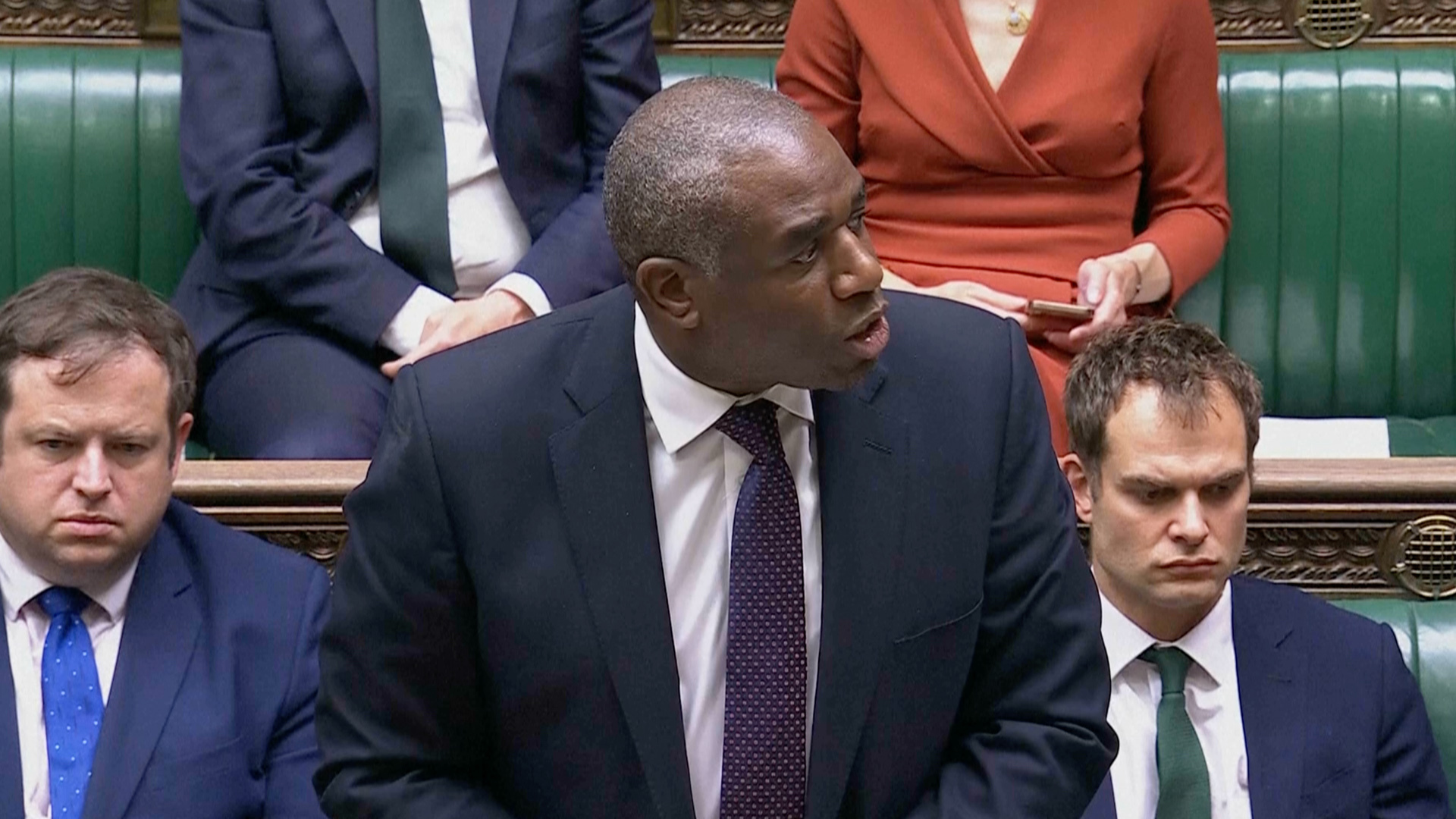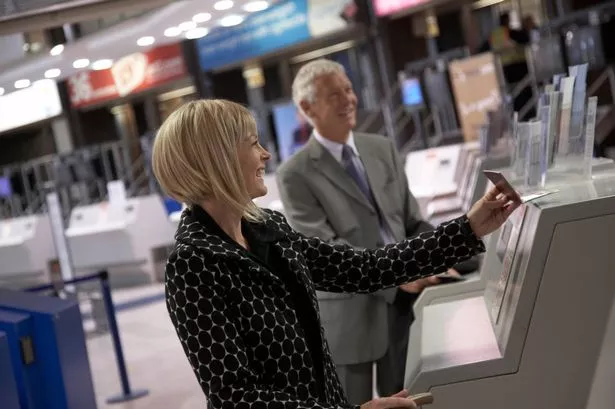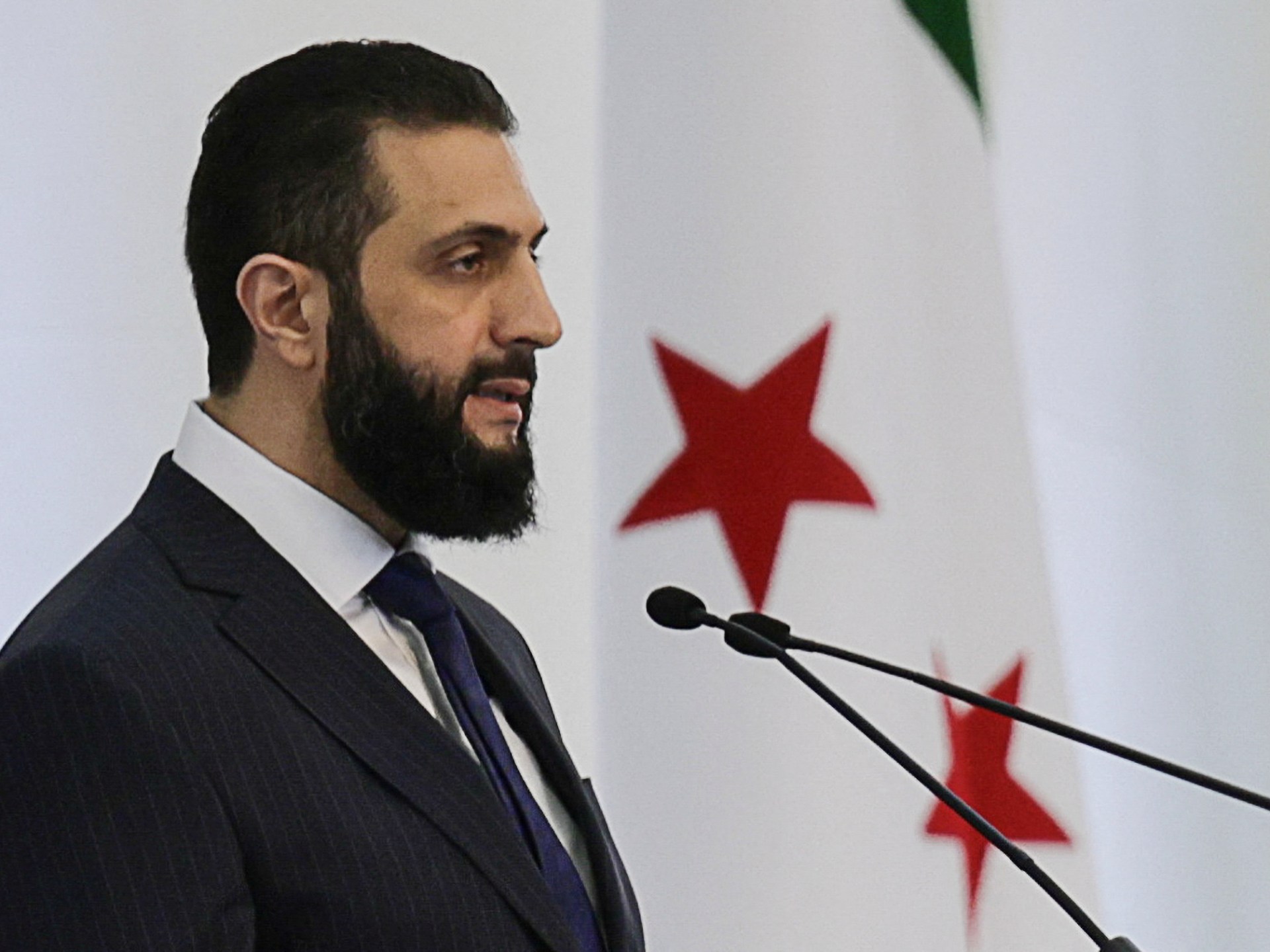UK Prime Minister Keir Starmer has announced a “landmark deal” with the EU that lays the ground for closer collaboration with the bloc.
Nearly nine years after the United Kingdom voted to leave the European Union, the new agreement includes a new security and defence pact, fewer restrictions on British food exporters and visitors, and a controversial new fishing agreement.
Britain said the reset with its biggest trading partner would reduce red tape for agricultural producers, making food cheaper. The deal would also improve energy security and, by 2040, add nearly 9 billion pounds ($12.1bn) to the economy.
While Starmer sold the deal as a “win-win”, attacks immediately emerged from the opposition Conservative Party, which said the deal would make the UK a “rule-taker” from Brussels.
Nigel Farage, head of the hard-right, pro-Brexit Reform UK party, called the deal an “abject surrender”.
What are the terms of the deal?
As part of Monday’s defence-and-security agreement, the UK and the EU will work more closely on information sharing, maritime issues and cybersecurity.
Crucially for Britain, the bloc committed to exploring ways for the UK to access EU procurement defence funds.
British weapons manufacturers can now take part in a 150-billion-euro ($169bn) programme to rearm Europe – part of United States President Donald Trump’s push for Brussels to spend more on defence.
Meanwhile, both sides have agreed to work on a joint agrifood agreement to remove Brexit-era trade barriers like safety checks on animals, paperwork and bans on certain products.
In 2023, UK food and drink exports to the EU were worth 14 billion pounds ($18.7bn), accounting for 57 percent of all the sector’s overseas sales. Monday’s agreement should raise that.
In exchange, the UK will need to follow EU food standards – a system known as “dynamic alignment” – and accept the European Court of Justice’s oversight in this area.
There have been talks on linking up the UK and EU’s carbon markets (i.e., a tradable price on CO2 emission) and on a joint electricity market.
The deal also paves the way for the UK’s return to the Erasmus student exchange programme, as well as granting young people access to the EU through work and travel.
In a symbolic gesture to please tourists, Britons will be allowed to use border e-gates at most EU airports, reducing queues at passport controls.
Finally, the UK will grant EU fishers access to British waters for an additional 12 years, an eleventh-hour concession from the UK – three times longer than it had originally offered.
Does this amount to backtracking on Brexit?
Critics from the Conservative Party and Reform UK quickly denounced the deal as a betrayal of Brexit, arguing that the price of the trade agreement was excessive.
The fisheries deal drew fierce disapproval, with opposition politicians saying it meant handing over Britain’s fishing waters to European fishers for an extra decade.
Fishing is a key issue in the UK, despite making up just 0.04 percent of gross domestic product (GDP). And Starmer’s deal appears to have reignited tensions last seen during Brexit negotiations.
Offering “12 years access to British waters is three times longer than the govt wanted,” Conservative leader Kemi Badenoch wrote on X. “We’re becoming a rule-taker from Brussels once again.”
Reform’s leader, Farage, told Bloomberg that Starmer’s deal on fisheries “will be the end of the industry”. The Scottish Fishermen’s Federation called it a “horror show”.
Elsewhere, there were complaints about Britain having to submit itself to the jurisdiction of the European Court of Justice on agrifood policies.
For their part, the Conservatives vowed to reverse all these changes if they got back into power.
Still, Starmer stuck firmly to his election promise of not re-joining the European single market (in which goods and people can move freely) or the customs union (which eliminates tariffs on goods traded between EU countries).
What were the costs of Brexit?
According to the Office for Budget Responsibility (OBR), the Ministry of Finance’s independent forecaster, the UK’s decision to leave the EU will shrink trade flows by 15 percent.
The OBR also that calculated Brexit will lower GDP by 4 percent over the long term. That’s the equivalent of costing the economy 100 billion pounds ($134bn) per year.
For starters, Brexit involved erecting significant trade barriers with Europe. In 2024, UK goods exports to the EU were 18 percent below their 2019 level, in real terms.
The decision to leave the EU also triggered business uncertainty. Lacking clarity over the UK’s future economic relationship with the EU, business investment softened.
The National Institute of Economic and Social Research estimates that business investment was 13 percent lower in 2023 than under a remain scenario.
Brexiteers promised that leaving the EU would allow Westminster to sign global free trade agreements and break away from the EU’s demanding regulatory regime.
“The argument was that doing business at home and abroad would be simplified,” says Gaurav Ganguly, head of EMEA Economic Research at Moody’s Analytics.
“And while the UK has signed several trade deals since 2020, Brexit has not unleashed the potential that was talked about [by its advocates].”
In recent weeks, the UK has signed up to trade agreements with India and the US. But Britain’s average GDP growth was just 0.64 percent between 2020 and 2024.
Elsewhere, public support for Brexit has fallen since the 52-48 percent leave vote in the 2016 referendum.
Earlier this year, polling by YouGov found only 30 percent of Britons now think it was right for the UK to vote to leave the EU, versus 55 percent who say it was wrong.
Roughly 60 percent of people believe Brexit has gone badly, including one-third of leave voters. A majority also believe that leaving the EU has damaged Britain’s economy.
Are the economic benefits from the new agreement?
Ever since last year’s election, the Labour government has pledged to improve Britain’s anaemic levels of growth. It sees lower trade barriers with the EU as crucial to that goal.
Acknowledging the damage inflicted to Britain’s trade by Brexit, Starmer said the deal to remove restrictions on food would give 9 billion pounds ($12bn) boost to the UK economy by 2040.
In a government briefing, Downing Street said it would redress the 21 percent drop in exports and 7 percent drop in imports seen since Brexit.
That said, 9 billion pounds ($12bn) would amount to just 0.2 percent of the UK’s national output. As such, this week’s agreement deal has dismantled only a fraction of the trade barriers erected post-Brexit.
“Yesterday’s deal may lift growth,” Ganguly told Al Jazeera. “But the UK economy continues to struggle from structural weaknesses, including low productivity and limited fiscal space.”
The Centre for European Reform, a London-based think tank, recently calculated that the UK-EU reset would boost Britain’s GDP by between 0.3 percent and 0.7 percent.
Ganguly said he is “not inclined to change my forecast in the short term”, adding “In addition, it’s clear that yesterday’s agreements won’t completely reverse the economic hit from Brexit.”
The upshot is that Ganguly expects modest GDP growth of around 1-2 percent between now and the next election cycle, in 2029.

